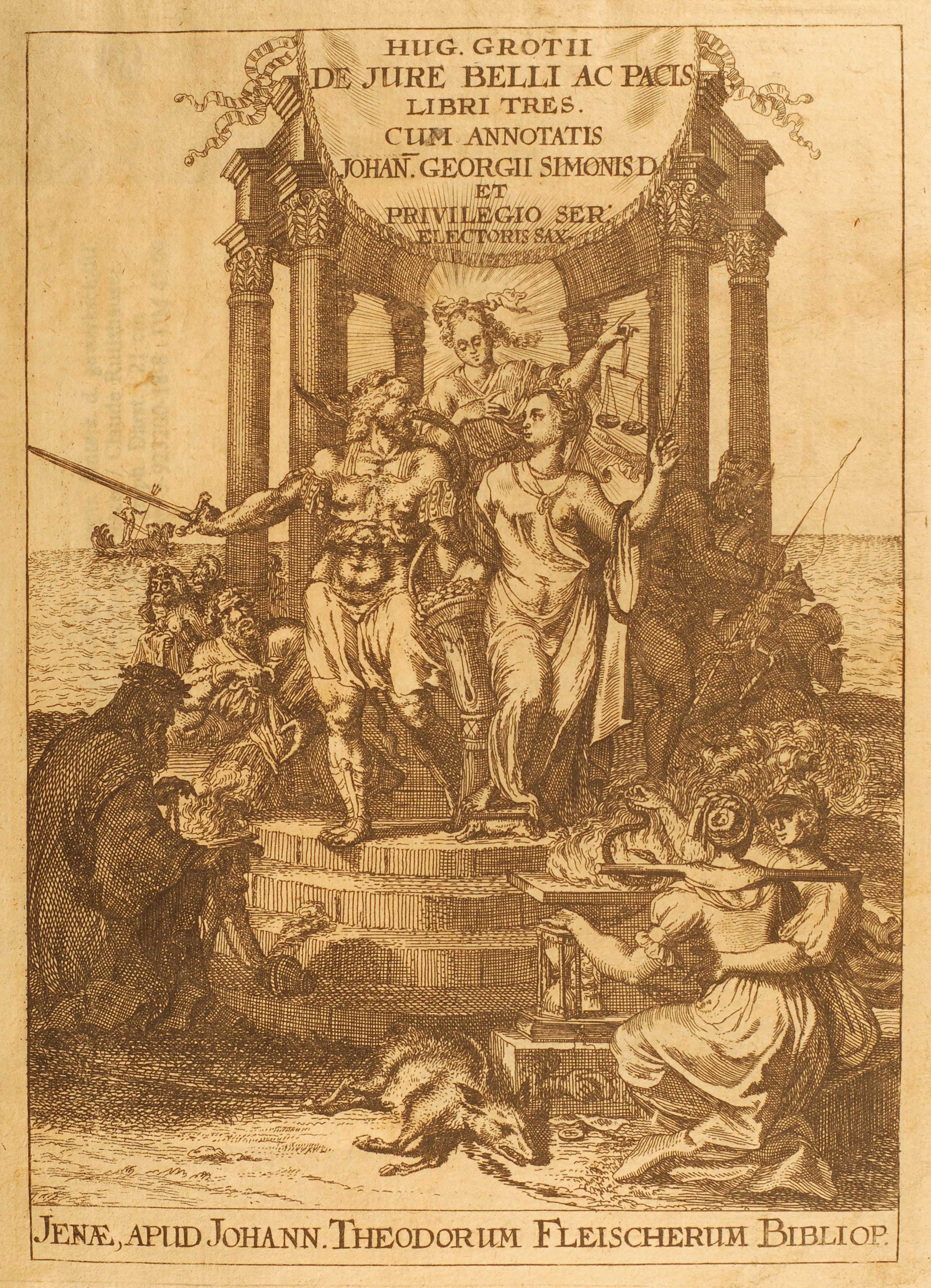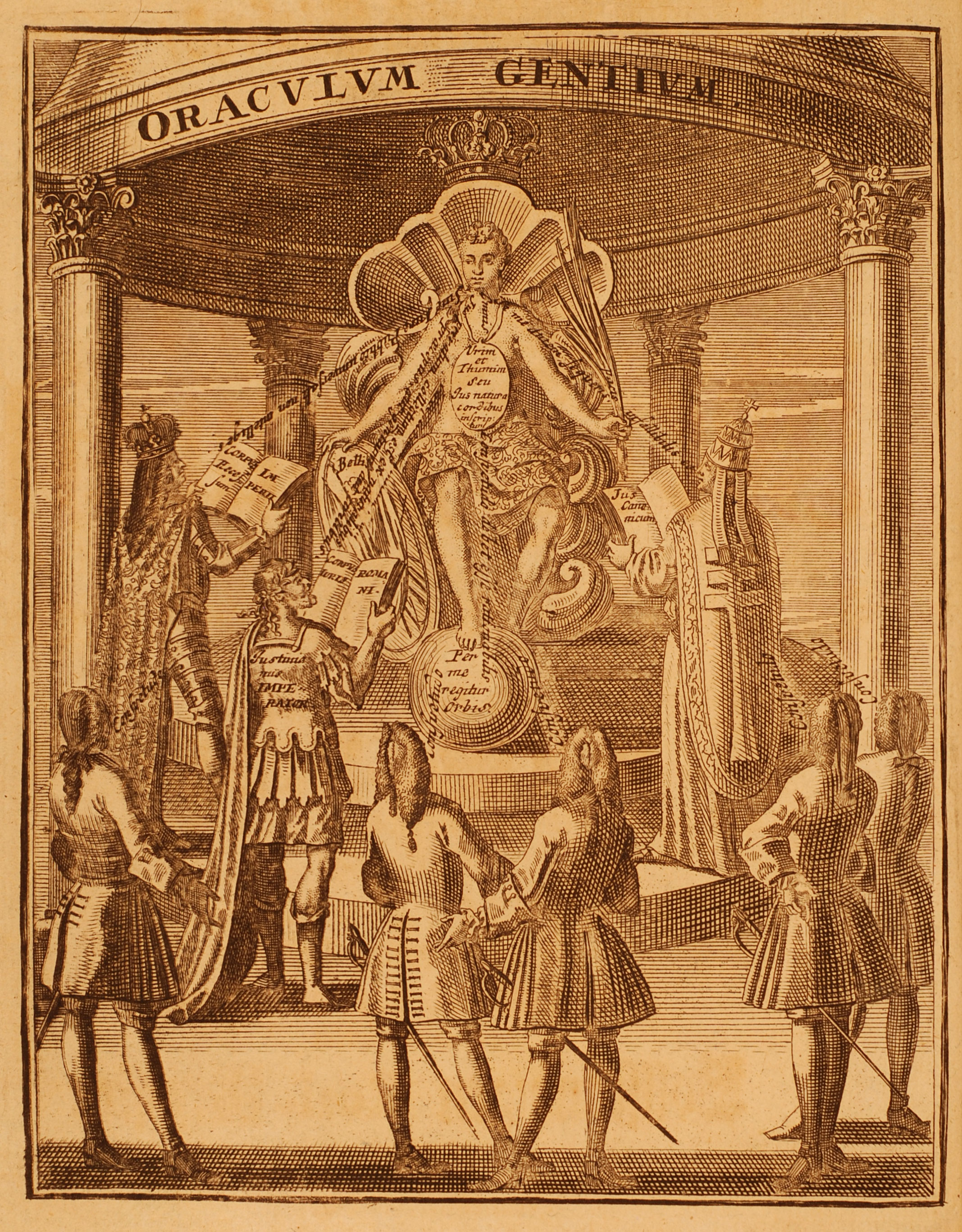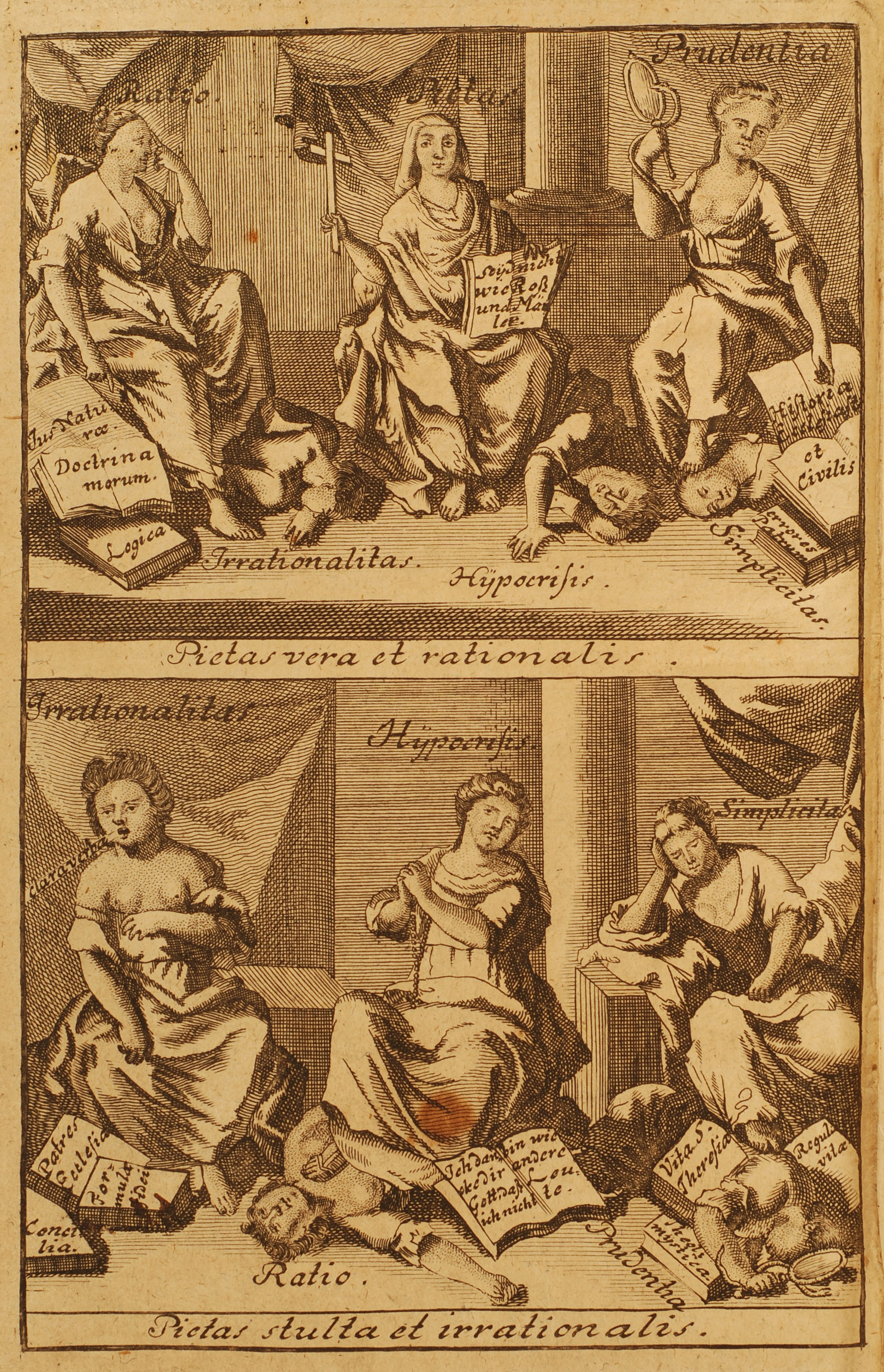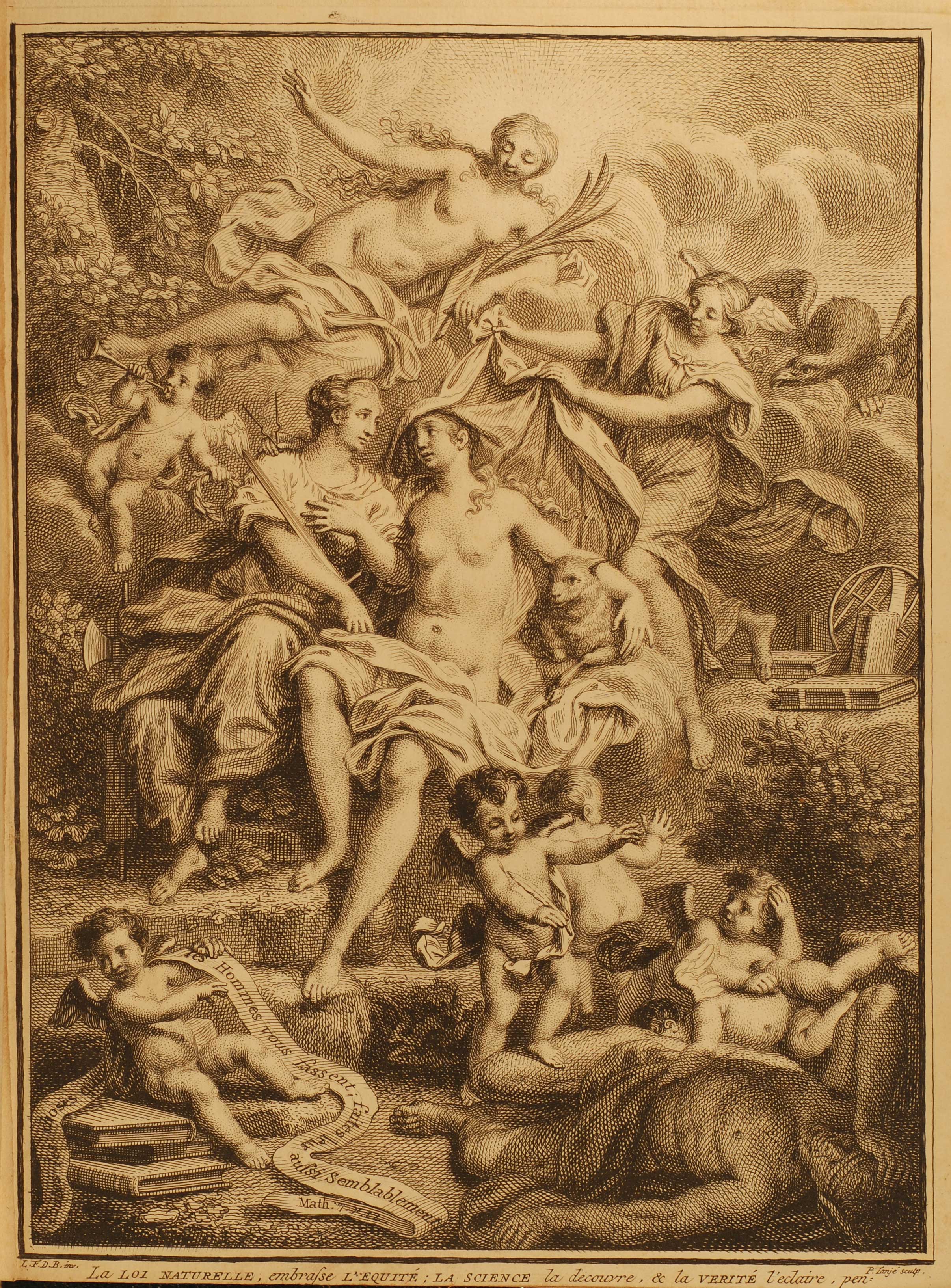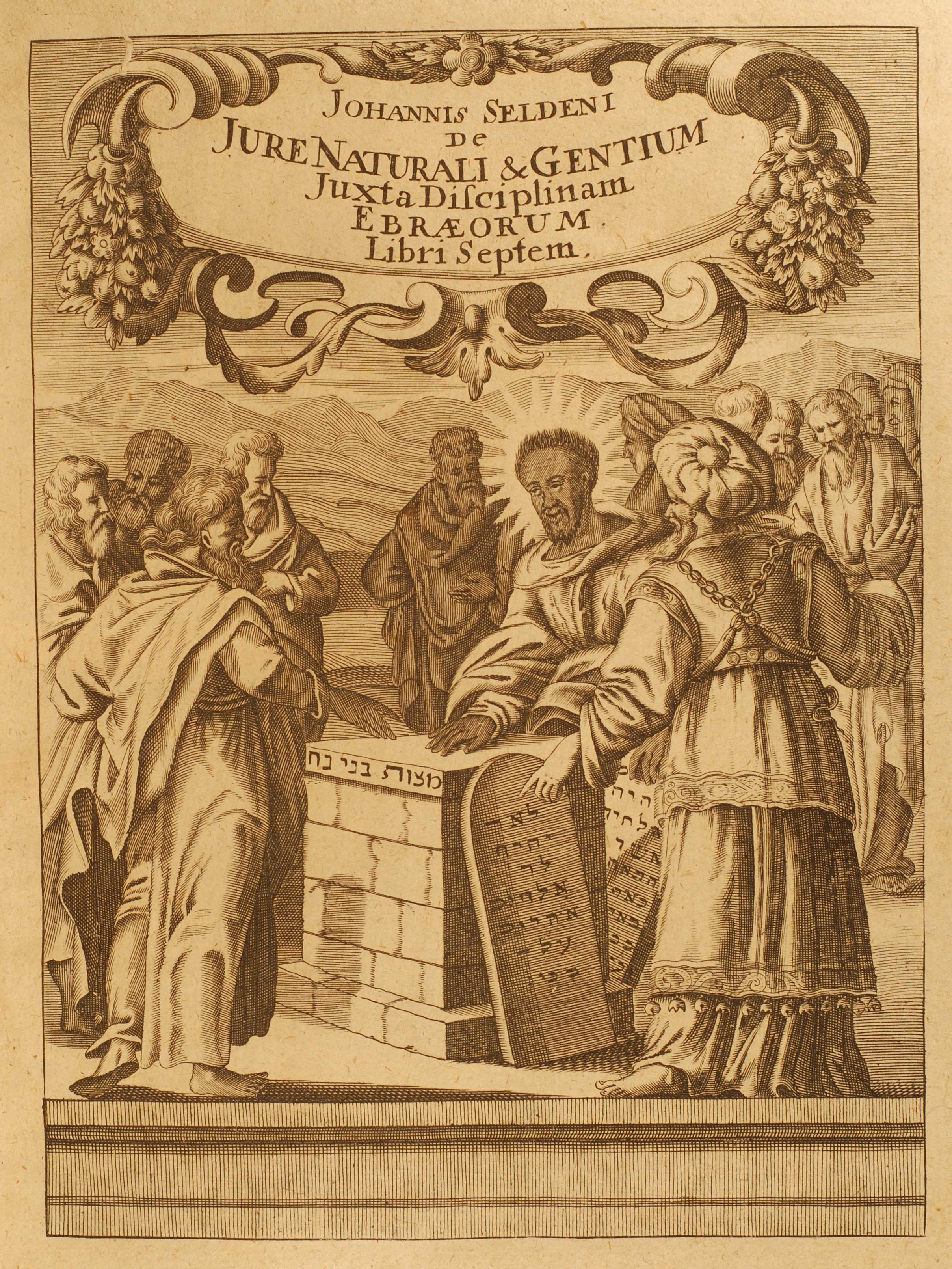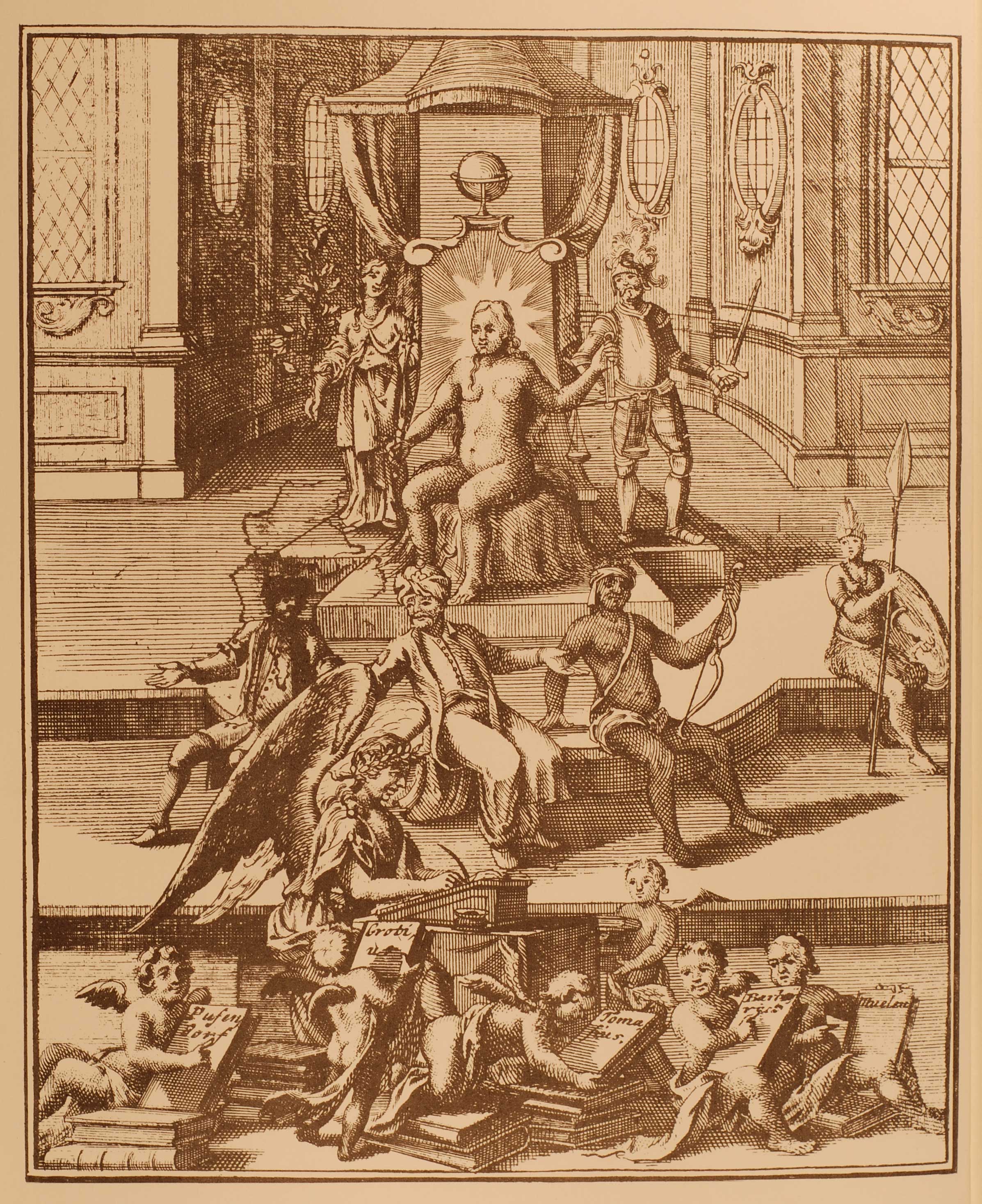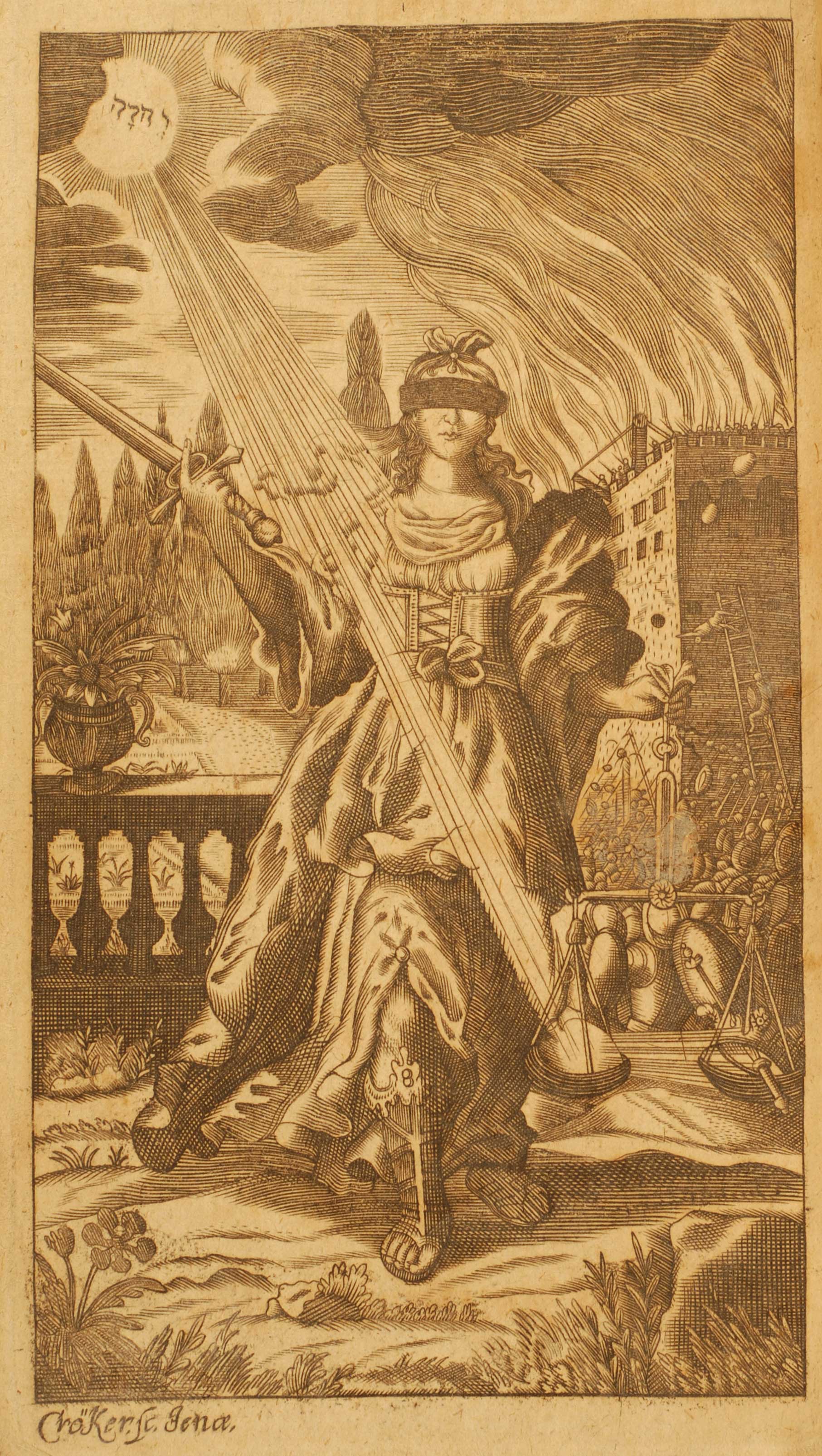Natural Law 1625-1850. An International Research Project
Project managers: Dr. Frank Grunert, Prof. Dr. Dr. Knud Haakonssen (Erfurt/St. Andrews) and Prof. Dr. Louis Pahlow (Frankfurt am Main)
The project is focussed on natural law as an academic institution in the period from 1625 to 1850. The ambition is to combine traditional approaches to natural law as a set of ideas with a comprehensive history of academic reception, transmission, and uses that takes into account institutional, political, and legal contexts. This ambition can only be realised by supplementing the published record of natural law – its textbooks and treatises – with a much wider range of sources. Accordingly the heart of the project is a large digitization programme of natural-law texts, commentaries, and pedagogical programs, supplemented by a bibliography and a data base.
Research Project
The publication in 1625 of Hugo Grotius’ major work, De iure belli ac pacis, marked the beginning of a new form of natural law and a new phase in its history. As a branch of moral and political theology, natural law had a long earlier history in Catholic thought and in ecclesiastical and civil polity. Grounded in civil law and politics, and taking shape as an independent academic subject, the new natural law emerged first in Protestant countries but soon found receptions in Catholic contexts. The vocabulary of natural law quickly proved useful for formulating issues in wide array of intellectual and practical cultures, ranging from jurisprudence, political and moral philosophy, and literature, to constitutional design, law reform, judicial practice, and diplomacy and international law.
The teaching of natural law thus often came to play the role of an intellectual clearing-house at the centre of the arts, law, and politics curriculum, organising the school-learning through which early-modern thinkers set out. Drawing its materials from the practices of European public law, politics, and diplomacy, the language of natural law made these available in the more abstract and teachable vocabulary of obligation and rights, sovereignty and freedom, without escaping the profound contentions in which they were rooted. In order to understand these historical processes and thus to deal with our own questions of continuity and discontinuity of thought, we have to study natural law in its full intellectual and practical complexity.
Program
Sources: In its published texts, as these are commonly understood, natural law appears as a universalistic idiom for social thought. In fact it was continuously adapted to a variety of local uses — political, juridical, theological, and constitutional — with the central institution of adaptation being the early modern university. The project will thus map and document the multiple academic receptions, transmissions, and uses of natural law in a series of pedagogical contexts.
The subject is of such a nature that it is impossible to be exhaustive, but the ambition is to be comprehensive. The aim is to provide online access to the actual course materials in digitized form, including course programmes, lectures (in note form or otherwise), graduation orations, dissertations, and disputations from as many centres and regions as possible. Where relevant, faculty decisions and opinions using natural law as a subsidiary legal source will be included. This material will be linked to the published corpus of natural-law works where possible. For example, lectures posted in digitized form, or simply listed, on the project’s web sites will be marked with information of published works issuing from those lectures.
The sheer bulk of material makes it impossible to provide scholarly editing, apart from head-notes with archival details, information about authorship and possible links to published material. A central point of the project is in fact to draw attention to material that scholars may decide deserve detailed study, including editing and dedicated publication. Via a network of linked web sites the project will provide a large public resource for scholars, teachers, students and anyone interested. It will also conserve unique or rare material and open it up for wider study than ever before.
Bibliography: This is being created online as a cumulative bibliography of publications from the project’s period. It will provide information on any teaching background to published works, especially in the case of underlying lecture notes, and be linked to the digitized sources wherever possible. A cumulative bibliography of secondary (post-1850) sources is being planned.
Database: A cumulative data base to accompany the digitized textual materials and the bibliography is planned. It will comprise information in standardised form of (a) individuals teaching natural law and (b) institutions providing for such teaching. The former section will give basic biographical information, including career details that can be linked to the teaching record, the bibliography, and the institutional data base.
Scholarly network of members: In providing new sources via the web, the project aims to stimulate scholarly work in all relevant fields. The growing web archive should be the focus for an international and interdisciplinary network of scholars who will foster work, both ‘local’, comparative and international in scope. The project will also organize conferences to provide new scholarship.


